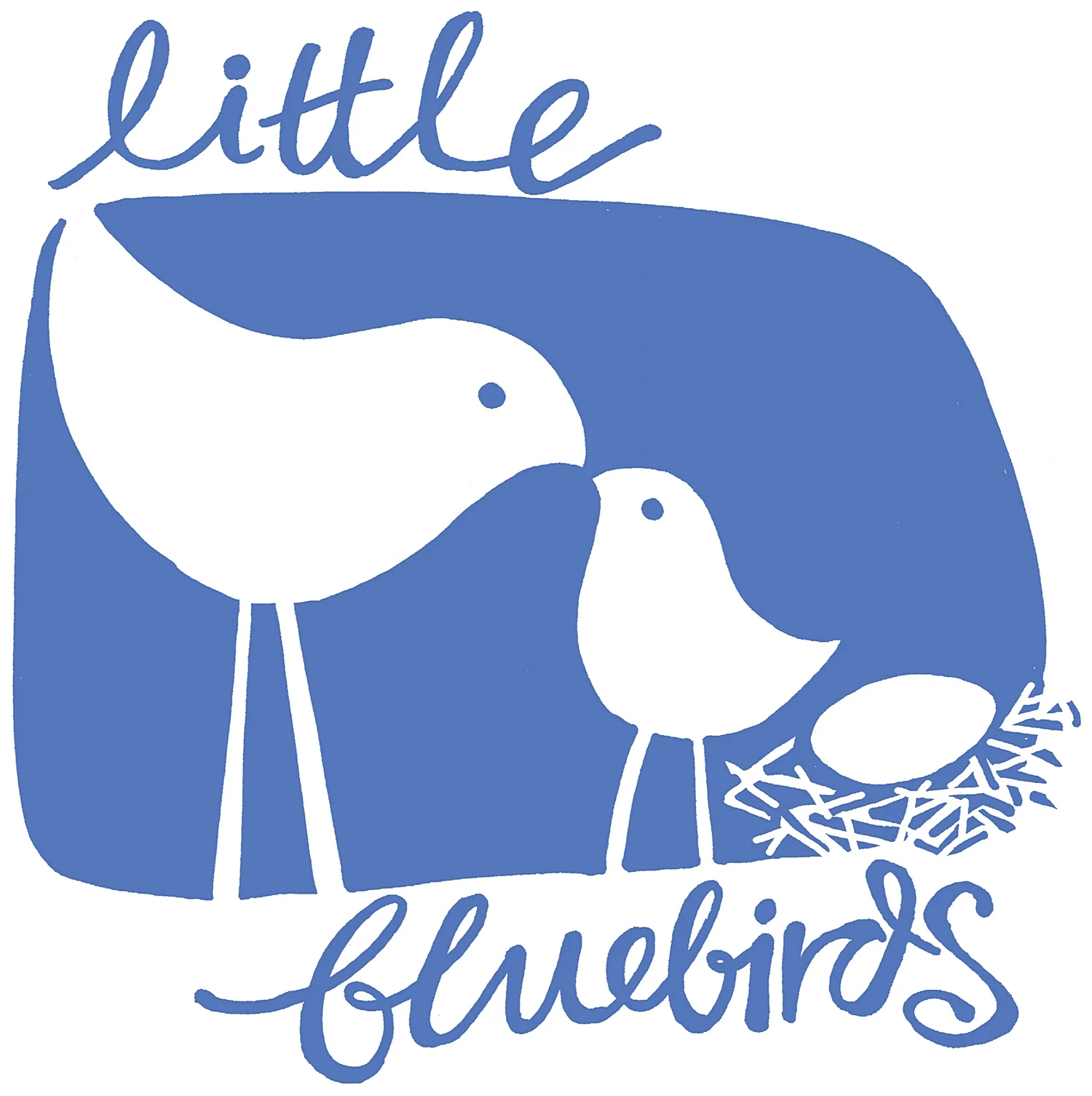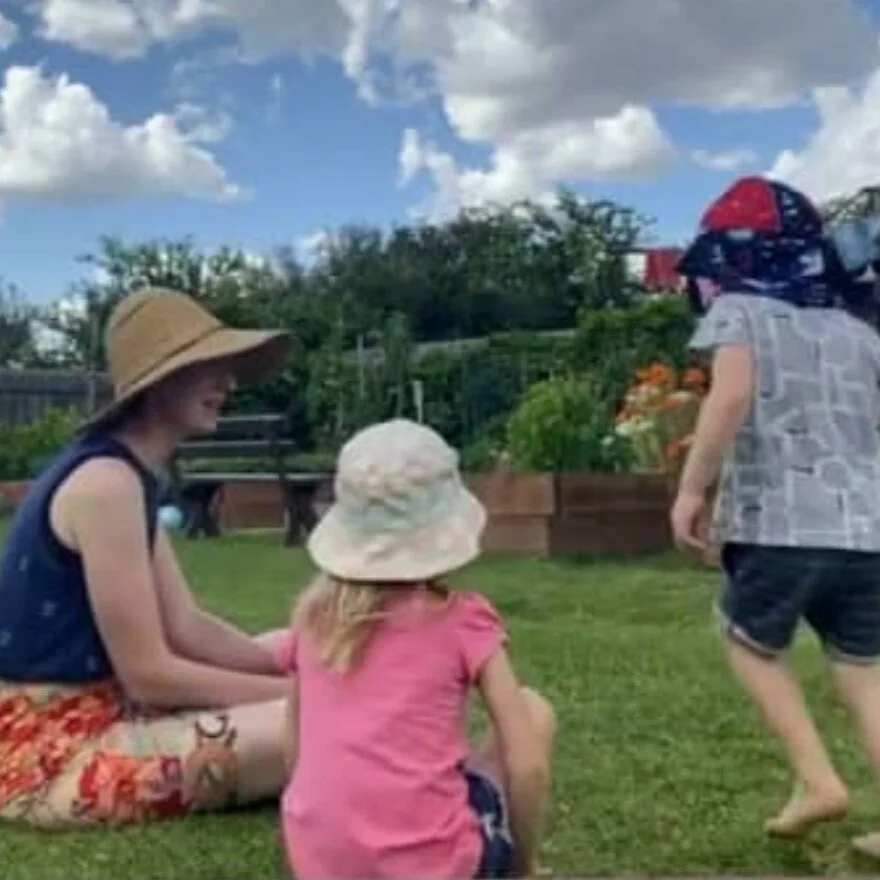Advocating for the arts
Here at Bluebird Foundation, we’re always passionate about supporting families to bring creativity into their homes through music, art and nature play. But right now, while all our face-to-face programs are on hold to slow the spread of COVID-19, it’s become even more important. We’ve embraced new platforms and ways of connecting to bring joy into the lives of the little people in our local community while we can’t see them in person.
And we’ve been overwhelmed with the response.
Check out some of the music-making that’s been happening in homes around Geelong in this little video…
And here’s a small selection of the masterpieces that have been created…


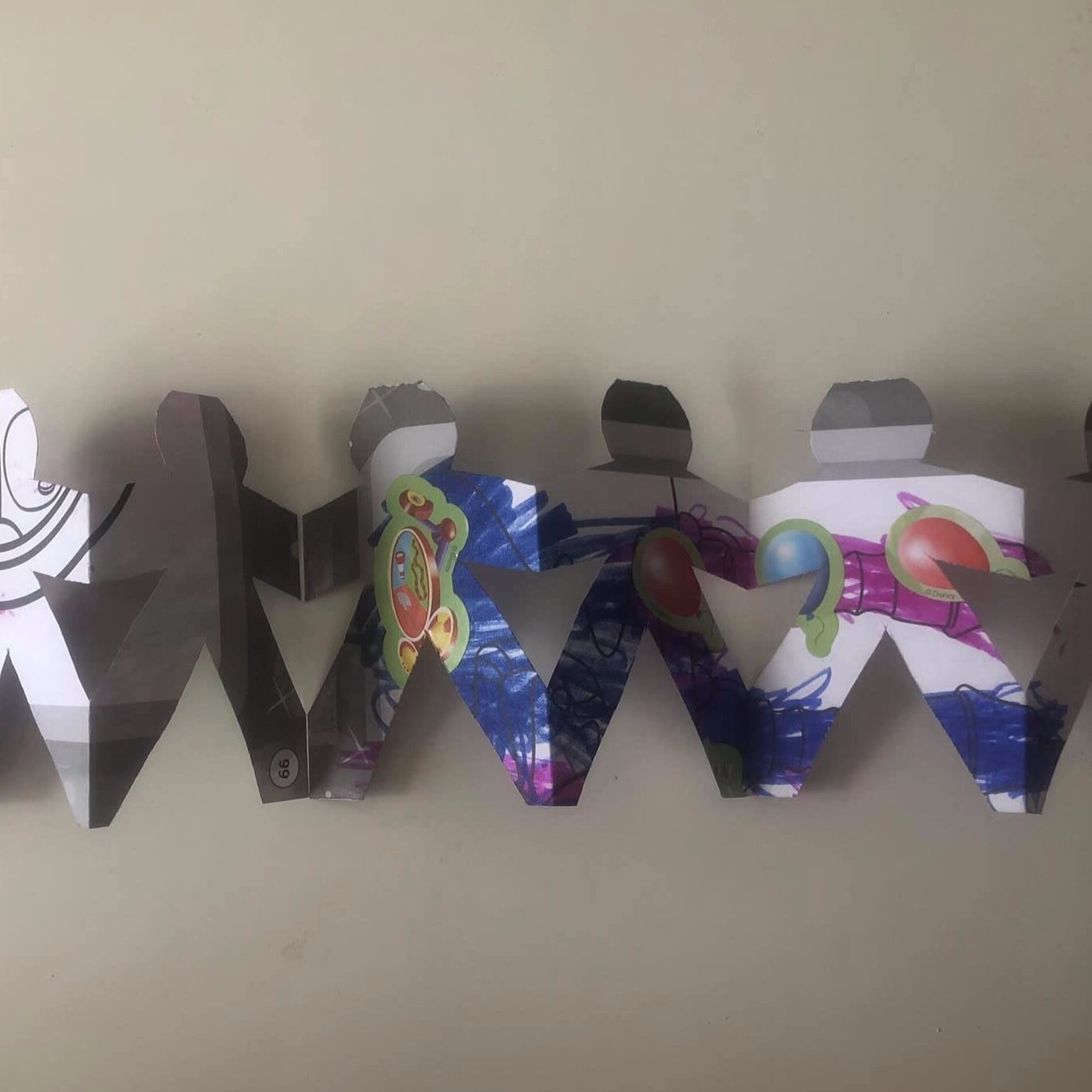
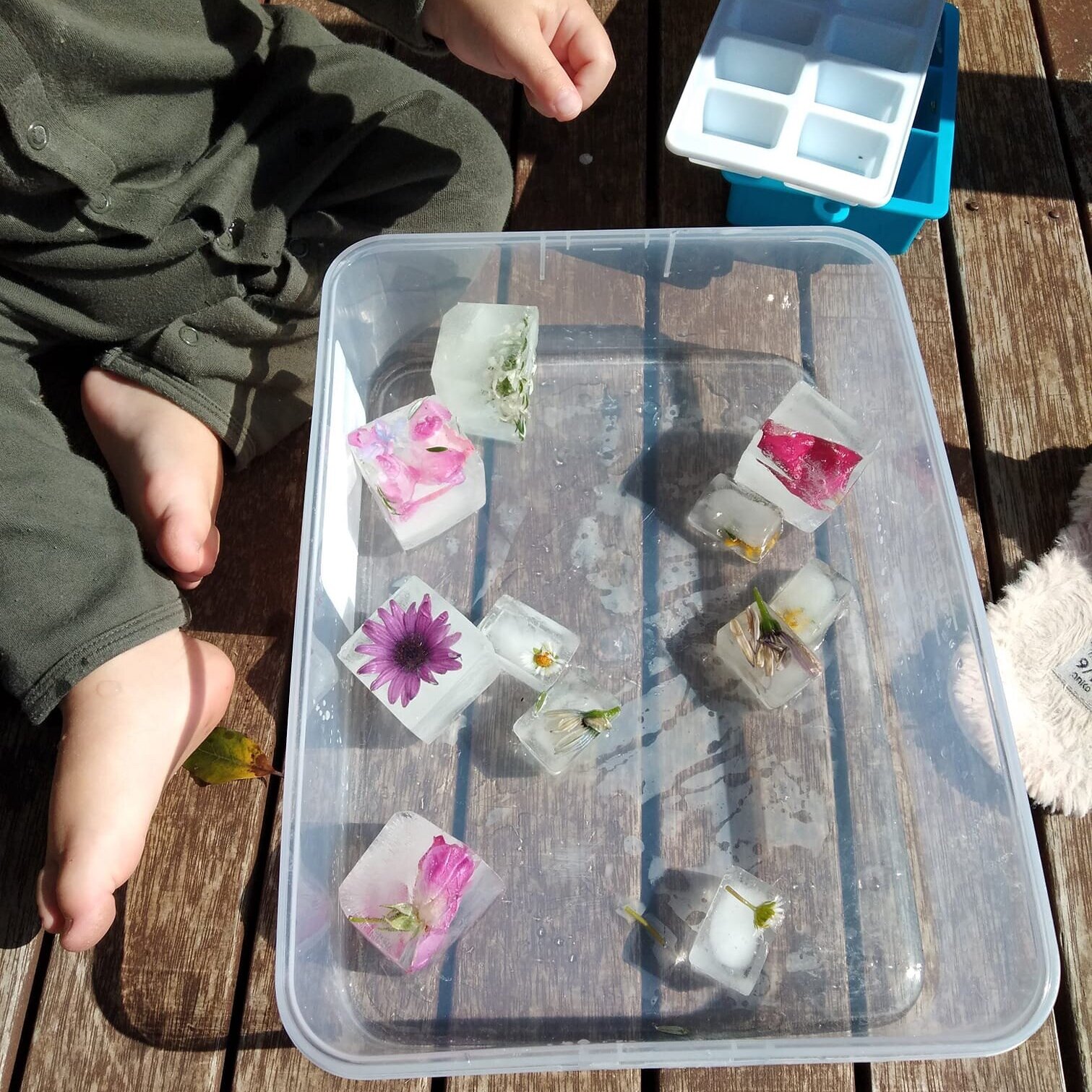
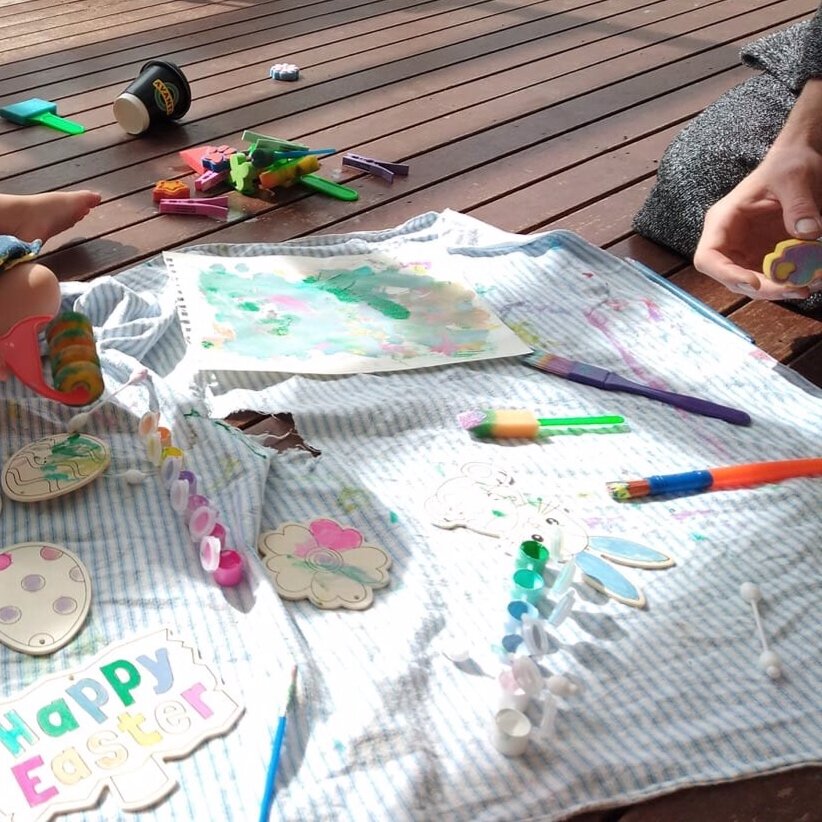
But from what I’ve seen, it’s not just kids that are throwing themselves into creative endeavours. Around the world we are seeing people from all walks of life expressing themselves through art, whether that be Italians singing from their balconies, artists creating masterpieces that reflect the minutia of their daily lives in isolation, people singing in virtual choirs, learning to play instruments, to embroider, or to dance.
People are filling their days by becoming virtual audiences to live-streamed concerts of music, theatre, ballet, slam poetry… And people are finding a reason to smile and laugh by recreating great masterpieces from galleries around the world, or creating parodies of well-known songs that tell about coronavirus and the effects of staying at home.
“Many people from many walks of life are using the arts as a way to make sense of a troubled world and to connect with others.”
This is one of the wonderful things about the arts - through music, dance, painting or sculpture we are able to connect with other people, and feel or express emotions that lie deep within our souls.
The arts industry is reeling at the moment due to the impact of the social distancing measures that have rightly been put in place to slow the spread of COVID-19. The loss of income due to the closure or cancellation of events, gigs, galleries, teaching studios and programs is devastating for individual artists and for arts organisations. But I think there is an opportunity to harness the widespread appreciation of the arts that has bubbled to the surface at this time and use it to drive change at a structural level - for the arts industry to create clear messages about the importance of the artistic sector, the impact of the COVID-19 pandemic on the sector and the economic and philosophical support required for, not just recovery, but a better, stronger future.
“What does this have to do with me?”
“But what does all this have to do with me?” you might ask… Well, I think arts advocacy can (and should) start where it matters the most - with our children. If we as a society want to appreciate great art, then we need to ensure our children are being given the very best start in life. They deserve a quality music education delivered by oustanding musicians, they deserve to be supported to develop their skills in drawing, painting and sculpture using beautiful materials, inspired and encouraged by stunning visual artists. They should discover the joy of dance, learning technique by watching and being guided by skilled dancers.
It’s not good enough that the arts are viewed as a fun bonus in many childcare centres, kinders and schools. It’s not good enough that well-meaning educators who can’t sing to save themselves choose songs that are developmentally inappropriate and ask kids to speak/shout along (sorry librarians - having been to many a library StoryTime - I’m looking at some of you!). It’s not good enough that free access to an easel in the corner of the kinder room counts as an art program. And it’s not good enough that the only dance moves kids know these days come from a computer game that they shouldn’t even be playing until they are in highschool.
Here’s what YOU can do about it:
1. Vote with your feet
When choosing a childcare centre, kinder or school for your child, ask about their arts program and really listen to their responses. Do they talk about a once-a-year concert? The making-corner? Or a one-off family bush dance? Or do they talk about a developmental, skill-based program (delivered by skilled practitioners) that values the arts as an integral part of your child’s education? If parents choose childcare centres, kinders and schools that value the arts, then more centres will strive to provide quality artistic programs.
2. Give feedback
Take the time and thought to give feedback to your child’s educators (in the nicest possible way of course). When the parent survey comes around, strongly express the importance of a quality arts education for your child with examples of what that might look like eg singing every day (we don’t expect kids to learn how to read by focussing on reading once a week for one term of the school year). If a class sings a simple song with tuneful voices at the school assembly, tell the principal how much you enjoyed this glimpse into the music education your child is receiving (schools sometimes operate under the impression that parents WANT to see a big, loud concert of children dancing and lip-synching to pop music on a large stage). If your child is inspired to draw or paint or dance or sing at home because of something the teacher did at kinder, let them know how much you appreciate this gift. When teachers know what is valued, they can advocate on your behalf, driving systemic change.
3. Tell your friends
And if you have hit the jackpot and found a childcare centre, dance school, kinder, music class, school or playgroup that values the arts and is setting your child on the path to a life full of joy, then spread the word! For the arts sector to be strong, we not only need elite artists that perform and exhibit, we need a whole society of people to fill audiences and to join community choirs, go to folk dances, play in bands, attend exhibition openings, create their own art journals, appreciate public sculpture and value the power of the arts to connect us as humans.
I have great hope that the arts sector will come together during this difficult time to advocate for the support needed to ensure that arts organisations (big and small) survive, that individual artists can continue to put a roof over their heads and that there is a brighter, stronger future for the glue that holds our society together. Be part of this picture by advocating for the future of the arts - YOUR CHILD!
